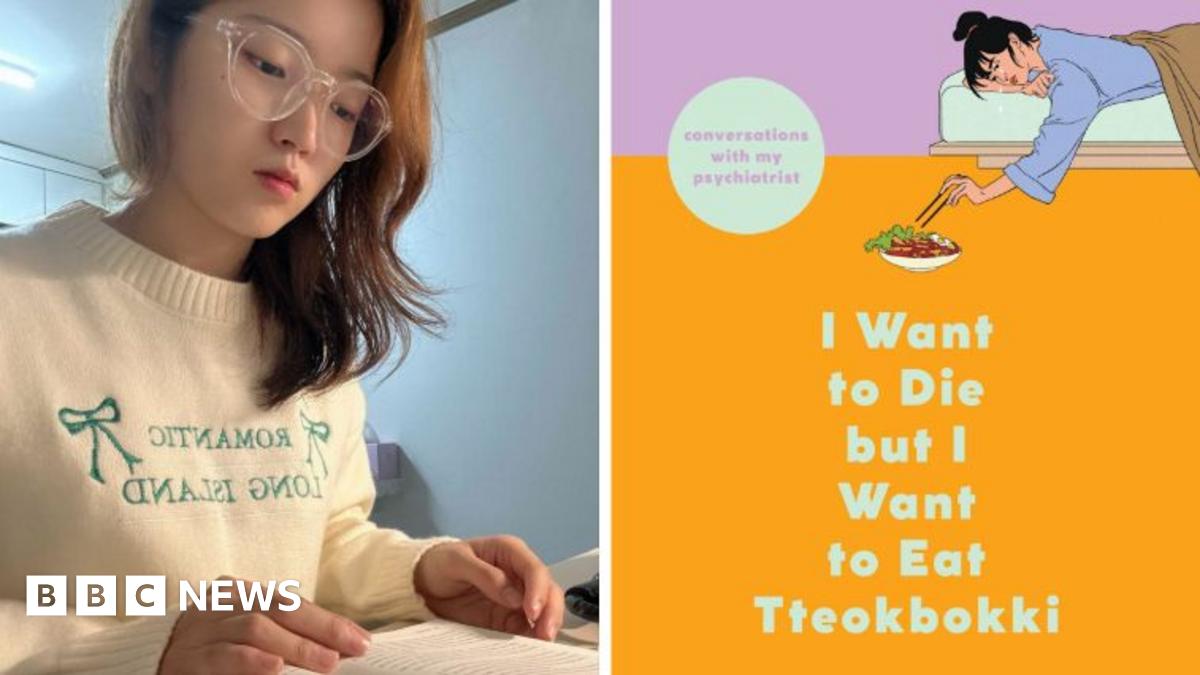The book’s popularity has had a real-world impact, supporting many struggling with depression to seek professional help. It has also brought mental health issues into public conversation – RM of BTS, the globally renowned K-pop group known for songs promoting self-love, is among those who have shared the book online.
Baek’s pages have resonated far beyond South Korea. First published in 2018, it has sold more than a million copies worldwide and been translated into 25 languages. In the UK, it sold 100,000 copies within six months of its release.
It has struck a chord with young women and played a significant role in expanding the reach of Korean literature. Marianna Szucs, a secondary school teacher in London, told the BBC she felt a connection to it and deep sorrow at Baek’s death.
“Her book tells you that if you feel depressed or feel like you have problems, you are not the only one. She had all sorts of problems, from tiny little things to quite daunting ones. I think anyone who reads this book can find something they can relate to.”
Seunghye Sun, director of the Korean Cultural Centre UK, said “it is highly symbolic that Baek Se-hee’s voice has found resonance in the UK where great psychoanalysts like Freud and his daughter explored the human mind”, in the process broadening the spectrum of K-literature and K-culture.
Her book tells a story that transcends generations and borders, sending a quiet but warm message to countless nameless readers around the world.
In the end, the paradoxical title “I Want to Die but I Want to Eat Tteokbokki” may, in fact, be another way of saying, “I want to live.” Even in moments of deep despair, people often find the strength to carry on through small joys.
For her, that joy was tteokbokki, and it shows even the simplest pleasures in daily life can become a sustaining force.
